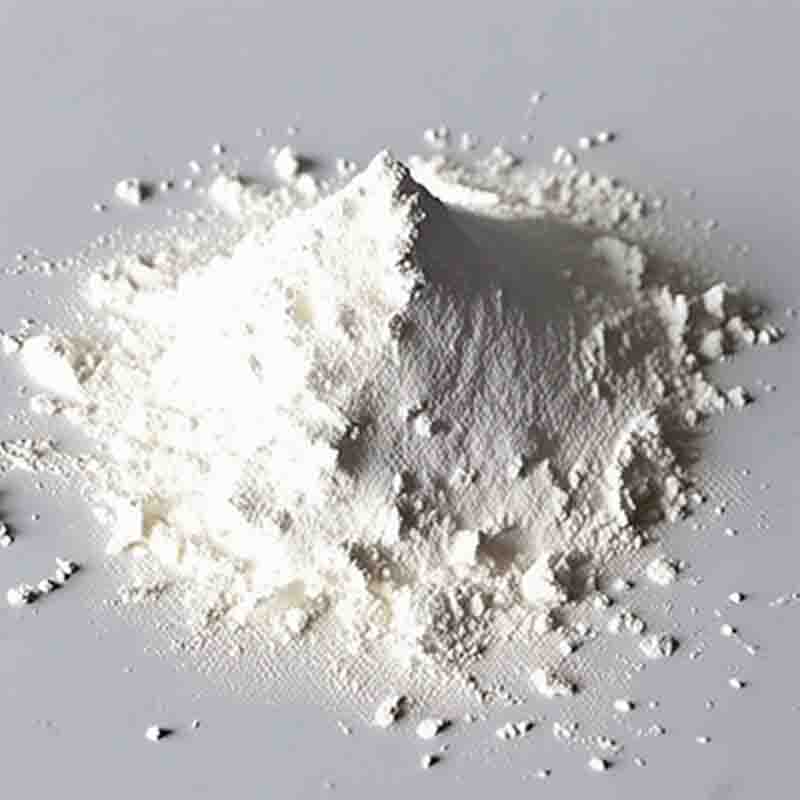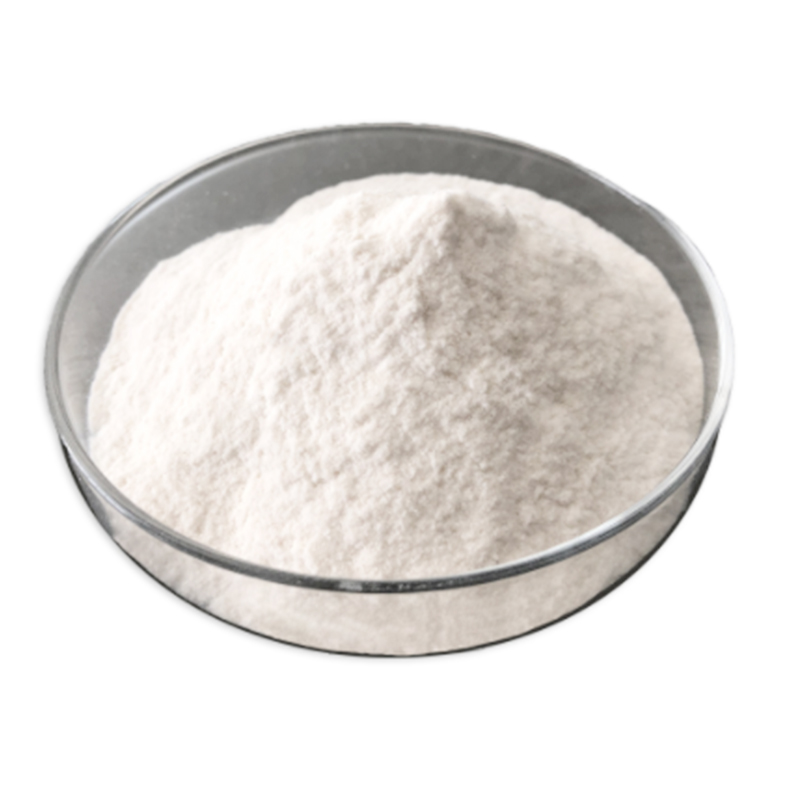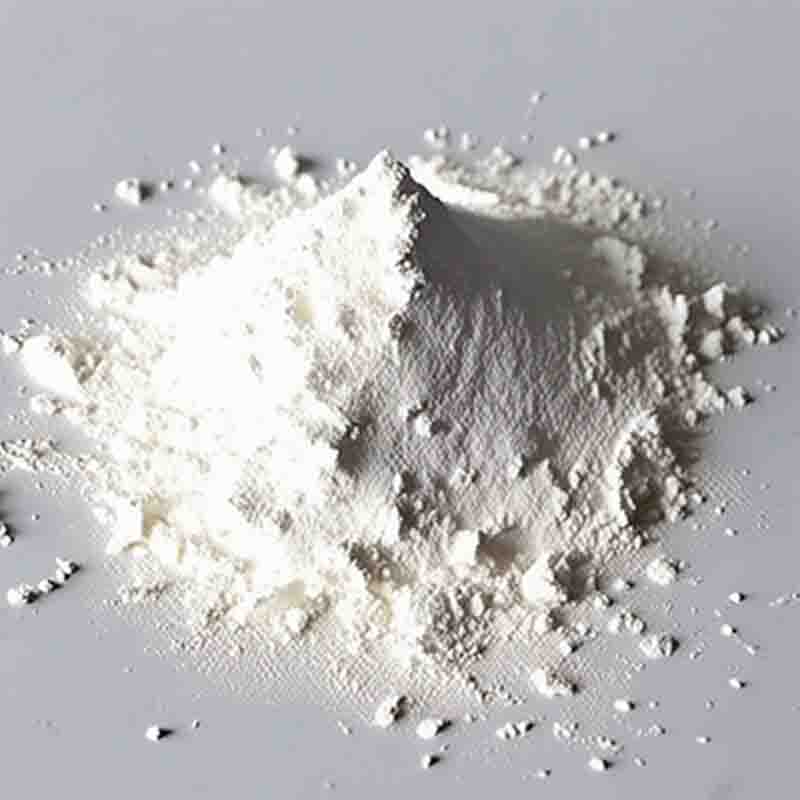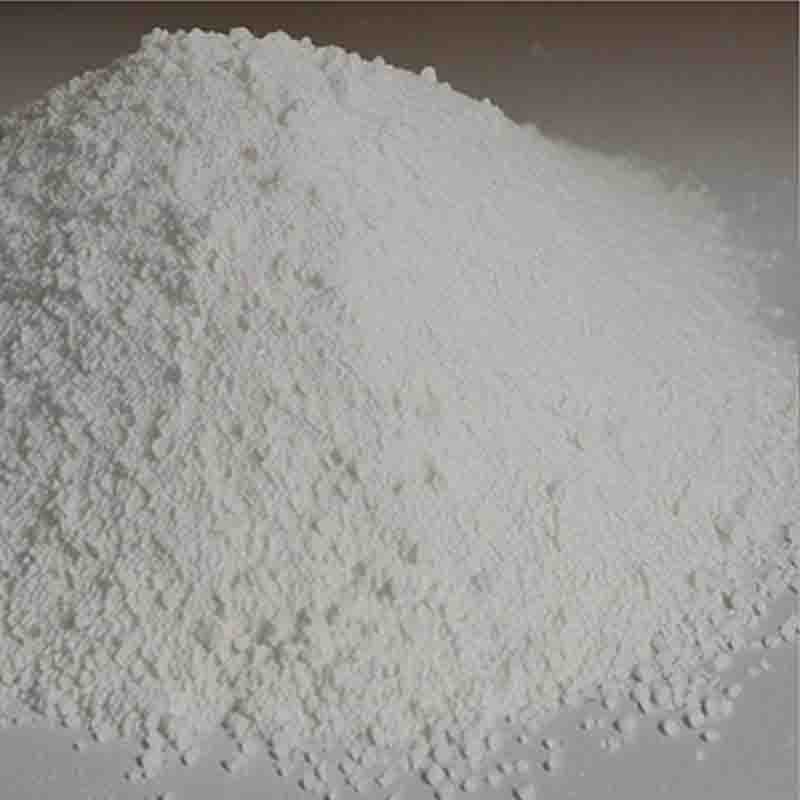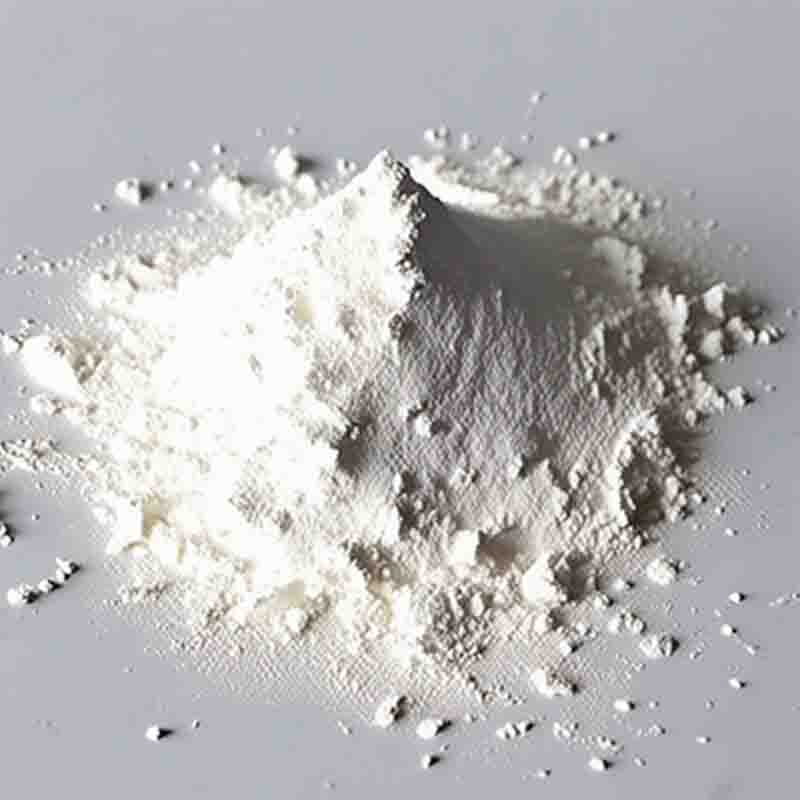4-Dimethylaminopyridine CAS:1122-58-3
| Catalog Number | XD94665 |
| Product Name | 4-Dimethylaminopyridine |
| CAS | 1122-58-3 |
| Molecular Formula | C7H10N2 |
| Molecular Weight | 122.17 |
| Storage Details | Ambient |
Product Specification
| Appearance | White powder |
| Assay | 99% min |
4-Dimethylaminopyridine (DMAP) is a heterocyclic compound commonly used in organic synthesis as a catalyst and a reagent. It has several notable effects and applications:Catalyst in esterifications and acylations: DMAP is widely used as a catalyst for esterifications and acylations. It facilitates these reactions by acting as a nucleophilic catalyst, aiding in the migration of acyl groups and promoting the formation of new bonds. DMAP can enhance reaction rates, increase yields, and improve selectivity in these processes.Dehydration agent: DMAP can act as a dehydrating agent in certain reactions. Its presence can drive the removal of water molecules from reaction mixtures, promoting the formation of desired products and helping to control side reactions that may occur due to the presence of water.Nucleophilic catalyst: DMAP has nucleophilic properties, making it a useful catalyst in a variety of nucleophilic substitution reactions. It can facilitate the displacement of a leaving group by acting as a nucleophile itself, leading to the formation of new bonds and the synthesis of complex organic molecules.Acylation reagent: DMAP can act as an acylating agent, reacting with nucleophiles to introduce acyl (RCO-) groups into organic molecules. This acylation reaction can be used to modify the structure and properties of various compounds, leading to the formation of esters, amides, and other acyl derivatives.Base-catalyzed reactions: DMAP can act as a base catalyst in certain reactions, deprotonating acidic substrates and promoting the formation of new bonds. It is commonly used in reactions such as the Knoevenagel condensation, Michael addition, and aldol condensation.Polymerization: DMAP can also play a role in polymerization reactions. It can function as a catalyst or co-catalyst in the synthesis of certain polymers, aiding in the formation of chemical bonds and controlling the polymerization process.It is worth noting that DMAP is a toxic substance and should be handled with caution. Proper safety precautions, such as the use of protective equipment and adherence to handling guidelines, should be followed when working with DMAP to ensure the safety of those involved in its use.


